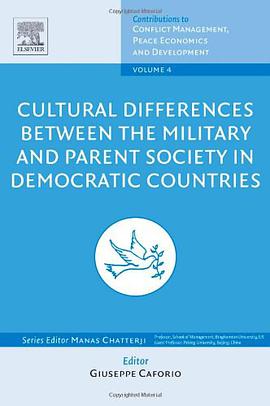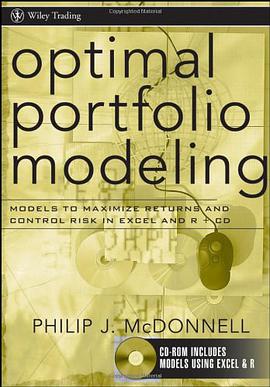

Usual interpretations of the Depression, stress the disruption in Europe caused by the Versailles Settlement, and the downswing in the United States centred on the Wall Street Crash. This book, however, suggests that the situation in Asia was as important as the situation in Europe or the USA. The book examines the economic experience of Asia and Africa, from 1914 to 1939, and looks at the influence of the developed world upon these two continents, showing how events there affected the entire international economy. In particular it suggests that the economic progress of the 1920s, caused the depression by creating overproduction of foodstuffs and raw materials. The communications improvements of these years are examined in detail, and the complex problems of the monetary systems of the developing countries, are outlined together with the flow of capital to these areas, and its reversal in the 1930s. In the discussion on trade, the disappearance of Britain's surplus with these countries is stressed, as it weakened her international trading balance and contributed to the collapse of the Sterling in 1931. First published in 1981, the book concludes that the overproduction of rice coupled with overproduction of wheat, forced down prices, thus causing the international agricultural depression. In turn, farm incomes fell and demand for industrial goods was destroyed across the world.
具体描述
读后感
评分
评分
评分
评分
用户评价
相关图书
本站所有内容均为互联网搜索引擎提供的公开搜索信息,本站不存储任何数据与内容,任何内容与数据均与本站无关,如有需要请联系相关搜索引擎包括但不限于百度,google,bing,sogou 等
© 2025 book.wenda123.org All Rights Reserved. 图书目录大全 版权所有




















